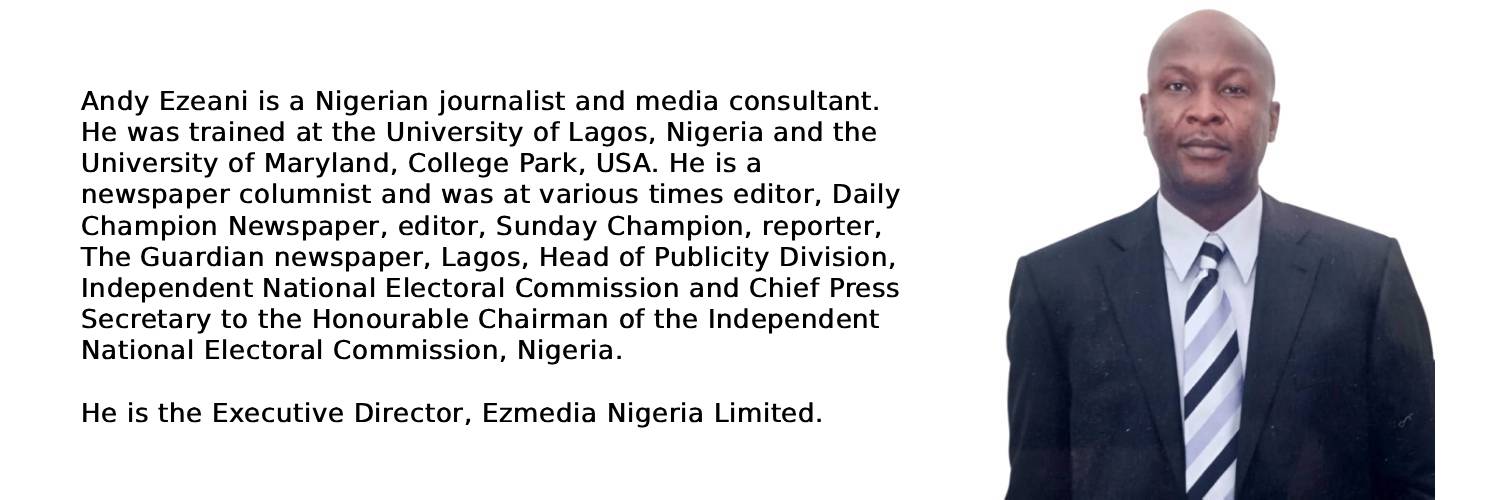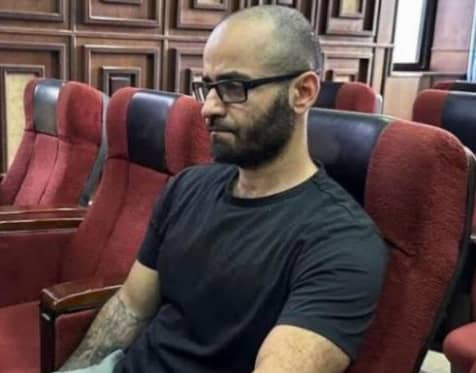Nigeria’s official record in combating corruption and tackling systemic rot, especially at the upper section of its elite cadre in government, remains shambolic. That is not about to change. As a matter of fact, the good old system, which has served governments and the political elite quite well over the years, is alive and doing well.
The situation does assume a more compounded nature when nagging issues bordering on legitimacy of government, come into play. With or without such a legitimacy problem, however, Nigeria remains soft on corruption. The records are there to testify.
The 1995 Halliburton scandal, as it came to be known, will stand, perhaps, forever, as a monument to Nigeria’s ignoble official embrace with corruption.
In that year, after what turned out to be protracted behind-the-scenes negotiations, immersed in sleaze, Nigeria awarded a $2 billion liquified natural gas plant construction contract to TSKJ, a consortium of international contractors. In the mix was Halliburton, the giant United States of America (USA) oil services and contractor firm, Dresser Industries, the parent company of M.V. Kellogg and others.
Between the time, in 1994, when the bid for the LNG plant in Bonny Island was initially made and 1995 when the job was awarded, a deluge of dirty water had passed under the bridge.
At the end of the day, with the saying that nothing under the sun is hidden, holding true, the shady deal that yielded the Nigerian LNG plant contract was exposed. It turned out that all of $180 million was involved in bribery. The oil literally spread through the fingers of many prime executives of the international consortium that the TSKJ umbrella covered, as well as top Nigerian government officials.
To cut the long-documented story short, the US and some other European countries, living up to the ethics that guide business in their societies, meticulously investigated and apprehended their citizens [corporate and individual] involved in the LNG plant contract scandal. These were duly prosecuted. In the US, Halliburton and its subsidiary, Kellogg Brown & Root (KBR), eventually pleaded guilty and paid a whopping fine of $579 million. That fine stands as the largest corruption fine in the US.
What happened in Nigeria, the root of the sleaze? Not a single person was prosecuted, not a single entity paid any known penalty. The allegation was that some former heads of the Nigerian state were involved in the unscrupulous deal.
With no entity at the Nigerian end of the scandal prosecuted, the profile of the country as a comfort zone for corruption was reinforced.
In the early years of Muhammadu Buhari’s stretched reign of deception, it was reported in the media, with delight, that the new President asked that the Halliburton scandal file be dusted up. Needless to say, the matter remained where Buhari met it. Going by how his presidency turned out, subsequently, he couldn’t have been serious with any reference to the Halliburton scandal file, assuming he actually asked about it.
Against the backdrop of how Nigeria responded to the Halliburton scandal of the mid-1990s, any reference by the governments of the country, subsequently, to fighting corruption cannot but be viewed with cynicism, especially by America and the other countries that watched in horror as the LNG sleaze was swept under the carpet.
The arrival of Bola Tinubu as President of Nigeria in 2023 was bound to be interesting in the area of fighting corruption, for many reasons. In the first one year of the Tinubu government, there have been sparks here and there, from the primary anti-corruption agency, the Economic and Financial Crimes Commission [EFCC], showing commitment to its assignment. But the main issue, in truth, is not EFCC. It is the government. There is ample ground for cynicism. The overarching policies of the government that determine how far the anti-corruption agencies can go, remain, at best, shaky.
Last week, June 14, 2024, 81 days after Nigeria charged to court Binance, the cryptocurrency platform, and two of its executives for economic sabotage, the same government, through a federal high court in Abuja, discharged the two American executives. The government now says it is charging only Binance, as an entity, but not its executives.
In the original case against Binance and its two executives, Tigran Gambaryan and Nadeem Anjarwalla, the government charged them on four counts,bordering on flouting of the tax laws, viz, failing to pay income tax, failing to pay value added tax, failure to comply with tax return obligation and finally, facilitating tax evasion for Binance users. In the course of searching for a scapegoat for the plummeting value of the naira, the government also accused Binance and its officials of trying to manipulate the national currency.
To give expression to the seriousness of the charges against the Binance executives, the Nigerian government arrested and detained them. Subsequently, one of them, Mr. Nadeem Anjarwalla, brushed aside the security around him and fled the country.
The story of how Mr. Anjarwalla escaped is entirely a different matter, a statement on how a country’s security system feels no sense of embarrassment in declaring that a subject in its custody has escaped. Just like that. There is no known record that any affected security official was sanctioned for such a high-level detainee walking away. For good measure, he flew out through the airport.
Anyway, the government assured us that it was collaborating with the International Criminal Police Organization [Interpol] to track down the Binance executive who fled. That collaboration was still going on, ostensibly, when the government, last week, discontinued the case against Mr. Anjarwalla, the subject of the said collaboration with Interpol. You just, cannot, but hail Nigeria!
Not up to a fortnight ago, a congressman in United States of America, accused the Nigerian government of abducting and detaining the Binance executives, who are American citizens. The accusation came with the usual less than subtle threat. Although Binance is having its own trouble with the authorities in USA, the congressman obviously did not care. He did not seem to understand how Nigeria, in this time, should be holding the Binance executives.
To make matters worse, Binance executives had alleged, after the government crackdown on their platform, that some Nigerian authorities had earlier made a demand of $150m in crypto funds, during their earlier visit to the country. It could be blackmail. It could be true. Whatever it is, the Tinubu government does not seem to want any trouble with USA.
Last week, less than a fortnight after the threat from the US congressman, a Federal High Court, discharged the two Binance executives. The case against Binance is said to continue, though.
According to reports on the development, Binance appointed one Ayodele Omotilewa as its new representative. Consequent upon that appointment, counsel to the Federal Inland Revenue Service [FIRS] that has been prosecuting the case, asked the court to substitute all previous charges against Binance, with a fresh amended charge. The court promptly approved the application.
Consequently, Binance is left for now, as the only defendant, in the economic sabotage case.
The implication of the situation is that Binance’s two executives, hitherto charged for economic sabotage, no longer have a case to answer. There is no cause to detain them, either. Binance is now the bad guy, while its two executives are good. So, the US congressman is happy. The Tinubu government walks away from trouble. And the war against economic sabotage goes on. What a wonderful world it could be!
Published in www.sunnewsonline.com


